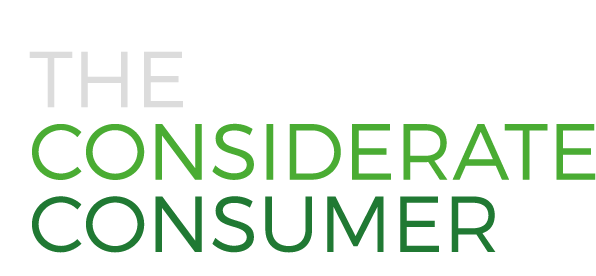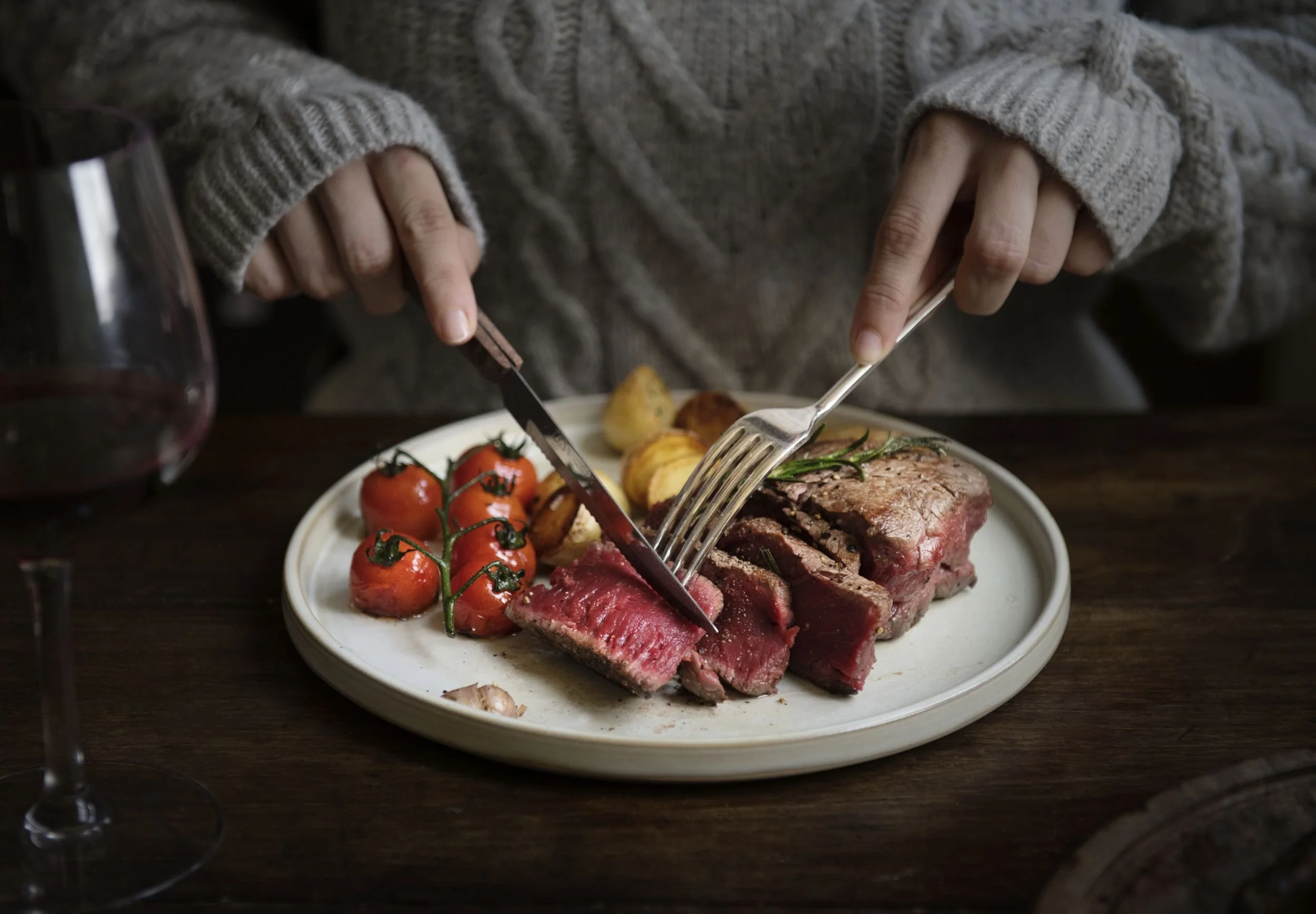December 2019
Assuming current trends continue, 366 million tonnes of meat will be produced worldwide in 2030 - according to the Meat Atlas.
We, humans, love meat. Spicy grilled sausages, a fragrant roast for a festive meal, crunchy bacon with scrambled eggs, or delicate chicken strips on a crispy salad or in a colourful curry. But this enjoyment comes with a cost for animal welfare and the environment.
Here is how to satisfy these preferences more sustainably:
ORGANIC MEAT
Organic → meat is the product of stricter regulations that ensures it is more environmental, healthier and better for the animals.
Organic meat can be spotted by an Organic Label →, such as a European Organic Seal or a national equivalent.
It can be found anywhere from conventional supermarkets to local farmers markets. If you have no supply where you are, there are online shops such as Rhug Estate (UK) or My Cow (Germany).
PASTURE SHOOTING
Pasture shooting is a more humane method of killing the animal on the field rather than subjecting them to the pain and stress of long transport, stun bolts and slaughterhouses.
The availability of pasture-shot meat can vary between countries. Ask at your local butcher or market, or check with any relevant national organisations. Shopping online is also possible.
GAME
Game is high-quality meat from regional wild animals.
In contrast to farmed animals, they live with far less stress, don’t need large production sites, and feed naturally.
Find game at larger supermarkets or ask your local butcher, hunter or market seller. Hunting associations and online shops can also help you acquire game.
Research your own country’s hunting laws to ensure it is regulated with humane practice.
REDUCED MEAT DIETS
Many organisations can help you reduce your meat consumption, such as The Flexitarian, The Reducitarian, and Meat Free Monday.
Such a reduction can help reduce the meat industry's environmental impact.
CLEAN MEAT
‘Clean meat’ is real meat grown in a lab by incubating stem cells to make them grow and divide into meat tissue – instead of killing an animal for it, it is still in the development process.
There are various benefits of clean meat:
It serves as an environmental alternative for those that aren’t willing to switch to a plant-based diet.
It can be healthier by growing reduced fat, antibiotic-free and bacteria-resistant meat with a more hygienic process, reducing the risk of pandemics or zoonotic diseases.
It needs far less food input and land space than farming animals, produces little waste, and does not contaminate water. There is also no mass methane emission.
With no living creatures involved, none are harmed in the process.
Classed under ‘cellular agriculture’, various organisations are lobbying to make it happen, such as The Modern Agriculture Foundation, New Harvest and The Good Food Institute.
PLANT-BASED MEAT
Plant-based meat is an imitation made out of plants or plant protein, with which many tasty recipes can be cooked.
Many companies have made such products available in shops and restaurants like Quorn, Beyond Meat and Wheaty.
Learn more about Alternative Protein Sources →.
MEATLESS DIET
Various diets cut meat out altogether. These include:
Vegetarians - ovo-lacto vegetarians eat eggs and dairy, whereas lacto-vegetarians only eat the latter.
Pescatarians still eat fish and seafood.
Fruitarians’ diets are based on plant foods like fruits and seeds.
Vegans don’t eat any products derived from animals. Raw foodist vegans mainly eat raw fruits, veg and nuts.
Learn more
Check our sources: Bibliography →

















